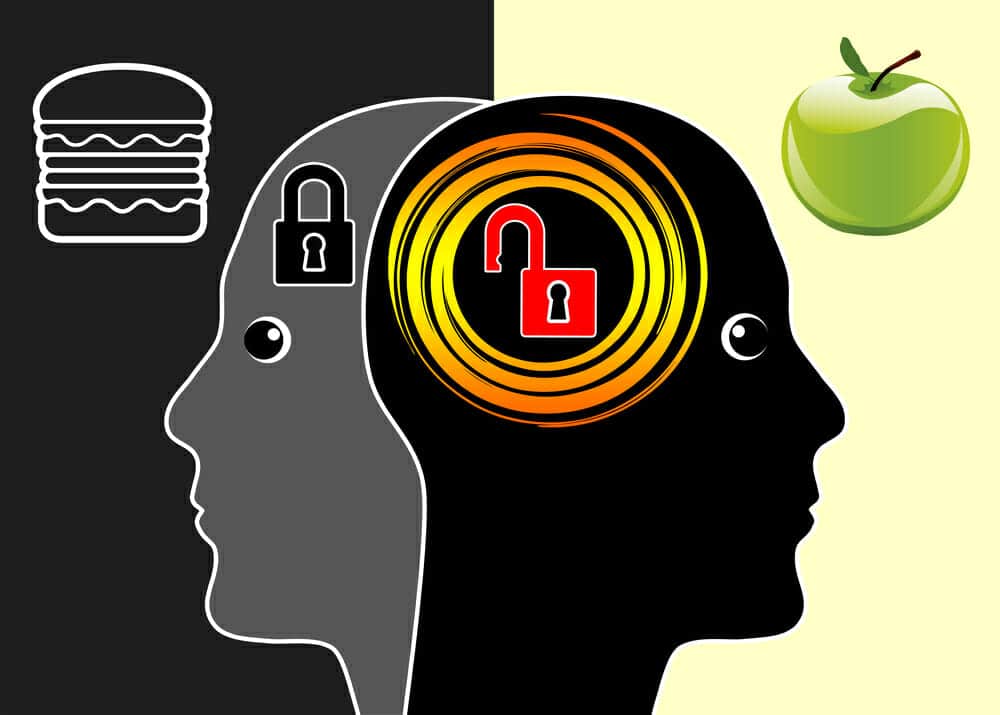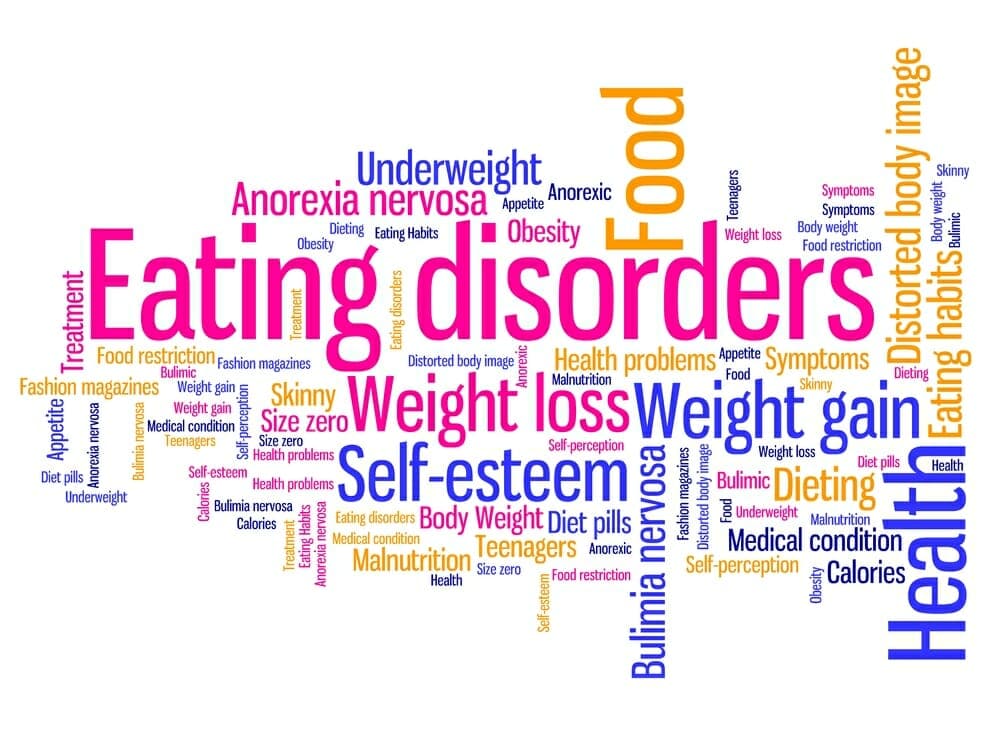Body systems are interdependent and disease states do not occur in a vacuum. So, it’s rational to assume, that one condition can help create, spur on, minimize, or maximize, another condition, which does in fact happen. This certainly can be the case with mental diseases. Boderline Personality Disorder, or BPD, was once referred to as manic-depression, because those that have the disease experience trouble regulating their emotions. Often, they experience mood shifts that go from one extreme to another. This mental extremism can be echoed in the sufferer’s actions. A BPD person can sleep all day, or stay awake for over 24 hours straight, jumping from activity to activity. A BPD person can also experience an irrational relationship with food and eating. Bulimia is characterized by intense desire for food, followed by an equally intense desire to rid oneself of the food. This binging and purging is the hallmark of bulimia. Both BPD and bulimia are affected intensely by emotional states. Binging is often a way for the sufferer to deal with an emotion they wish to not feel. Unfortunately, the very action chosen to negate difficult feelings exacerbates other painful emotions, like shame. The similarity of the diseases is evident and it should not be surprising that many individuals that suffer from BPD also suffer from bulimia.
Key Points:
- 1Borderline Personality Disorder (BPD) is characterized by intense emotions, impulsivity, and experiencing life in extremes. Individuals with BPD have a difficult time managing their emotions effectively because of the intensity of the emotions experienced.
- 2Eating disorder behaviors can provide temporary relief from emotions; for an individual with BPD who experiences intense emotions, this may be very appealing. Bingeing can provide numbness and comfort when experiencing intense anxiety or depression.
- 3Thus, bulimia can provide a very immediate and impulsive way of managing emotions that feel out of control. Unfortunately, this is very temporary and unhealthy as well as ineffective in the long term.
Eating disorder behaviors can provide temporary relief from emotions; for an individual with BPD who experiences intense emotions, this may be very appealing. Bingeing can provide numbness and comfort when experiencing intense anxiety or depression.
Read the full article at: https://www.eatingdisorderhope.com/blog/borderline-personality-disorder-bulimia







Reply